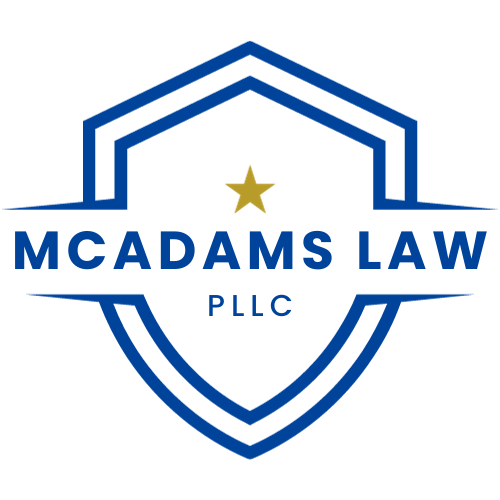How to Defend Against Charges of Fraud in Utah
Expert Insights
Facing fraud charges can be a daunting experience, particularly if you are unsure how to navigate the legal complexities involved. Fraud charges can result in severe penalties, including hefty fines and imprisonment, making it essential to understand how to build a strong defense. Local criminal defense attorney Andrew McAdams offers crucial insights into defending against fraud charges in Utah, providing guidance on strategies and steps to take.
Understanding Fraud Charges in Utah
Fraud charges involve deceitful actions intended to secure an unfair or unlawful gain. In Utah, fraud can encompass various offenses, including but not limited to:
Credit Card Fraud: Using someone else's credit card information without permission.
Identity Theft: Illegally obtaining and using another person's personal information.
Bank Fraud: Engaging in fraudulent activities involving financial institutions.
Insurance Fraud: Submitting false claims to an insurance company.
Why It Matters: Understanding the specifics of the fraud charges you are facing is essential for developing an effective defense strategy. Andrew McAdams emphasizes the importance of grasping the nature of the allegations to address them properly in court.
Key Defenses Against Fraud Charges
When defending against fraud charges, several legal strategies can be employed to challenge the prosecution's case:
Lack of Intent: Fraud charges require proof of intent to deceive. Demonstrating that there was no intention to commit fraud can be a strong defense. For example, showing that any alleged misrepresentation was unintentional or accidental can help undermine the prosecution's case.
Insufficient Evidence: The prosecution must provide concrete evidence to support fraud charges. Challenging the quality and reliability of the evidence presented can be a key defense strategy. This might involve questioning the credibility of witnesses or highlighting inconsistencies in the evidence.
Mistake or Misunderstanding: In some cases, what might appear as fraudulent behavior could be a result of a genuine mistake or misunderstanding. Proving that any actions taken were based on a misunderstanding or lack of information can help in contesting the charges.
Entrapment: If law enforcement coerced or induced you into committing the fraudulent act, it may be possible to argue entrapment. This defense asserts that you were manipulated into committing a crime you would not have otherwise committed.
Lack of Knowledge: For certain fraud charges, demonstrating that you were unaware of the fraudulent nature of the actions can serve as a defense. For instance, if you were misled by someone else and had no knowledge of the fraudulent scheme, this could weaken the prosecution's case.
Why This Is Important: Andrew McAdams points out that employing the right defense strategy depends on the specifics of the case. A thorough understanding of the charges and the evidence against you is crucial for effectively challenging the prosecution.
Steps to Take if You Are Facing Fraud Charges
Seek Legal Counsel: The first step in defending against fraud charges is to consult with an experienced attorney. Local Utah criminal defense attorney Andrew McAdams can provide personalized advice and develop a defense strategy tailored to your case.
Gather Evidence: Collect any documentation, communications, or records that can support your defense. This includes emails, contracts, and financial statements that may prove your innocence or highlight discrepancies in the prosecution's case.
Understand the Legal Process: Familiarize yourself with the legal process and potential outcomes. This will help you prepare for court proceedings and understand what to expect.
Prepare for Court: Work closely with your attorney to prepare for court appearances, including any potential negotiations or plea deals. Being well-prepared can significantly impact the outcome of your case.
